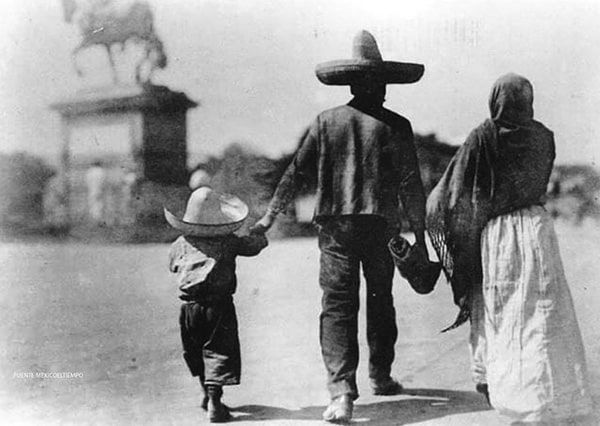Why is it important to commemorate the Bicentennial of the Consummation of Independence?
It is an opportunity to ask new questions about the past in order to improve the present, and specialists can contrast approaches and interpretations about the events.

Commemorations are the occasion for historians, and the rest of society, to question the importance of their past. With these words, Dr. Virginia Guedea Rincón Gallardo, a researcher at the Institute of Historical Research (IIH), has highlighted the relevance of recovering, reviewing, and analyzing fundamental dates in the evolution of national life, such as the Bicentennial of the Consummation of Mexico's Independence.
The entrance of the Trigarante Army to the capital, on September 27, 1821, and the Act of Independence of the Mexican Empire, pronounced one day later by the Sovereign Junta headed by Agustín de Iturbide, ended the almost three centuries of the viceroyalty of New Spain and marked the birth of a sovereign nation.
On this historical watershed, which occurred 200 years ago, "recent historiography seeks to shed light on the regional, continental and Iberian dynamics that contribute to the study of that decisive year, without discarding its close relationship with the great questions that its study from the present time forces," says the IIH in the presentation of its Commemorative Agenda for 2021.
Mexico's Independence is seen from different approaches and specialists contrast theses and versions of the events: What had more weight, what was happening in Spain or what was happening in the territory of New Spain? Was it a revolution of Creoles or did all social groups react against the colonial regime? Were all the emancipation movements in Latin America part of the same current or should they be considered separate uprisings with their own purposes?
The academic discussions, specialized publications, and cultural activities that arise within the framework of the commemoration allow for dialogue between different interpretations and the advancement of research on those events. It is even necessary to review the role played by its protagonists.
"It is time to recover an inclusive vision of history, where all the actors are present, winners and losers," said Dr. Guedea Rincón Gallardo in a recent forum. In particular, added the coordinator of the Research Seminar on National History and Memory, it is necessary to recover the figure of Iturbide in all his dimensions.
In short, it is an opportunity to ask new questions about the past.
Knowledge of history, moreover, is indispensable for the construction of a better present. It is not only a matter of evoking facts but of understanding the causes of the reality we live in to try to solve old but very current problems, such as racial discrimination, gender violence, or social exclusion.
UNAM, with the Mexico 500 Program, has opened a broad reflection on the great historical events that we commemorate this 2021, among which is the Consummation of Independence.

Source: UNAM





